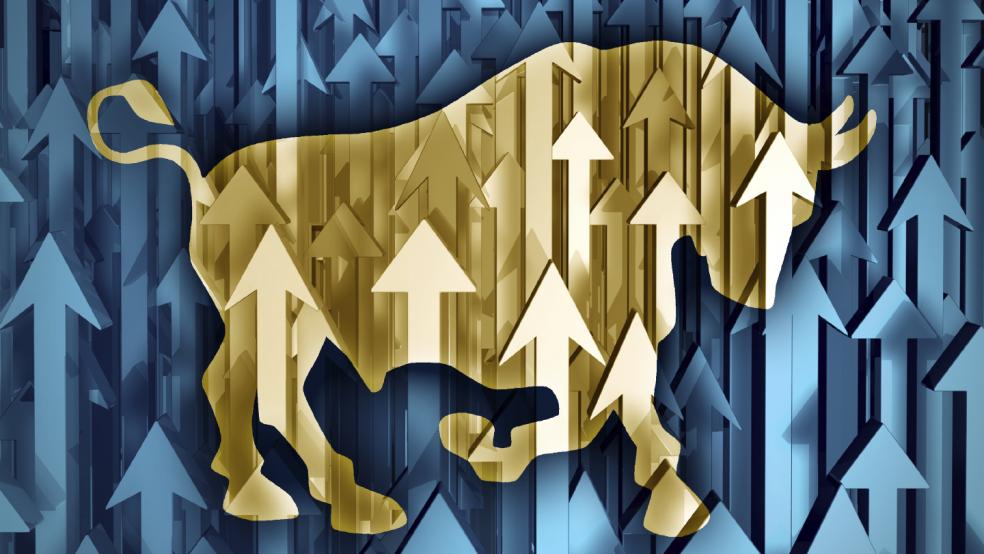For the principal part of President Donald Trump's agenda to get passed, it may take something as dramatic as a sharp stock market pullback, according to one Wall Street analyst.
As the political drama heightens in Washington the legislative agenda suffers, leading to fears that tax reform is nowhere near getting done. Trump wants to roll back taxes for corporations and individuals and has offered a broad outline of how he'd like to see that get done.
Related: Here’s the Biggest Risk to the Global Economy, According to Pimco
Concerns over delays grew when the White House announced last week that it would not offer more details of its tax plans until after the August recess. Treasury Secretary Steven Mnuchin previously had said he believed the program could be pushed through before the break.
It's all leading to worries that with the stock market seemingly on autopilot, moving higher in the face of damaging political headlines and mediocre economic growth, that complacency about getting tax reform accomplished will only grow.
"We have come to think that a combination of brinkmanship and a correction of risky assets may be necessary for tax reform to get done," David Woo, currency and rates strategist at Bank of America Merrill Lynch, said in a note to clients.
Woo calls the scenario a "mini-TARP moment," referencing the market plunge after Congress rejected the initial bill for the Troubled Asset Relief Program, a measure that ultimately would provide the bedrock for the Great Recession recovery. The Dow industrials fell 7 percent in late-September 2008 after the TARP rejection.
Related: 3 Ways to Pass Health Care and Tax Reform — What’s the GOP’s Magic Number?
While Woo doesn't foresee that sharp of a reaction, he pointed out that delaying tax reform presents problems beyond disappointing CEOs looking for some relief. In addition to dealing with Trump's fiscal agenda, Congress in the months ahead will have to come to an agreement on raising the debt ceiling or face a government shutdown on Oct. 1.
"We don't know if this is a deliberate strategy to use the inevitable crunch to strong arm the Republicans to coalesce around a single tax reform plan, but if it is, it is a highly risky strategy that could create a lot of uncertainty and force the market to demand higher risk premium in U.S. assets," Woo said. "We believe this and the fact that global growth is already slowing could lead to a repricing in volatility and a correction in risky assets."
Stocks have been on quite a ride so far this year. The S&P 500 has set a series of new highs on the way to a 9 percent gain for the year. The latest leg of the rally has seen the index rise 3.3 percent from its mid-May recent low.
That's all come against a difficult backdrop that has been mitigated by rising earnings and hopes for help out of Washington. Trump has promised an agenda of lower taxes, less regulation and more spending on infrastructure, but political dysfunction has gotten in the way.
Should delays stretch beyond 2017, it may take equity investors to nudge Congress to action.
"The GOP will need a tax reform to hold onto their majority in Congress in the midterm elections next year. This is also why we still think tax reform should be done by the first quarterly of 2018," Woo wrote.
"However, we think the market is underestimating the odds that a combination of brinksmanship and increased market volatility may be necessary to increase the pressure on Washington close a deal," he added. "Indeed, a 'mini TARP moment' might be required for politicians to be forced into doing what they don't want to do but need to do to save the day."
This article originally appeared on CNBC. Read more from CNBC:
No fear: Wall Street volatility drops to 23-year low
Mark Cuban: ‘When you're 22, 23, 24, there's no such thing as failure’
Would-be snowbirds come home to roost as retirees age in place




